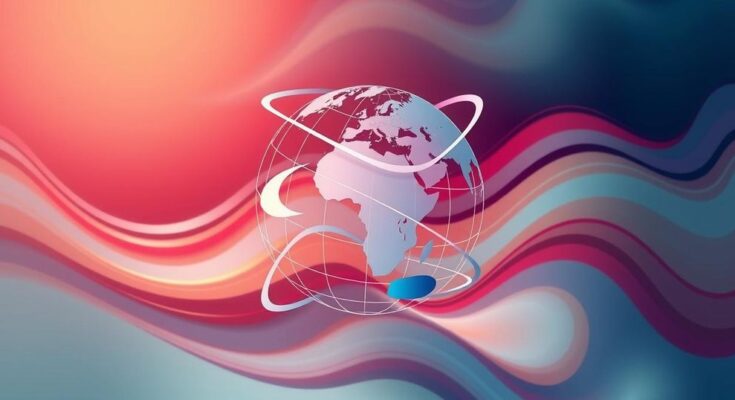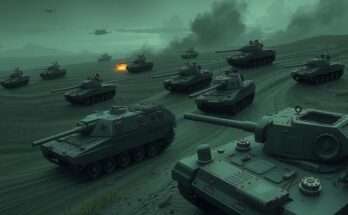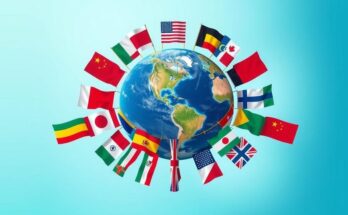In a recent visit to India, European Commission President Ursula von der Leyen aimed to rekindle relations, announcing plans for a free trade agreement and a defense partnership. This shift comes amid Europe’s acknowledgment of the need for diverse alliances, including India, as a strategy for maintaining global stability and security in a shifting geopolitical landscape.
Last week, the President of the European Commission, Ursula von der Leyen, alongside her fellow commissioners, visited India in an effort to revitalize relations between Europe and India. This visit conveyed that Europe continues to seek alliances, a stark contrast to the challenges it currently faces with the United States.
Von der Leyen and Indian Prime Minister Narendra Modi announced that they would strive to finalize a free trade agreement by the end of this year. Additionally, von der Leyen expressed Europe’s intention to establish a defense and security partnership with India, similar to those recently formed with Japan and South Korea.
This newfound cooperation represents a significant shift from Europe’s previous perception of India, particularly after India’s restrained response to the Russian invasion of Ukraine three years ago. Europe now recognizes that to achieve strategic autonomy, it must engage with India, despite its previous reservations.
The peculiar global circumstances indicate that while Europe cannot replace the United States as a security ally, nor China as an economic partner, it still seeks to cultivate as many relationships as possible. Collaborations with India, Japan, and Gulf nations may provide much-needed security and economic bolstering for Europe in the coming decade.
European leaders have displayed a commitment to enhancing partnerships with various nations like India and South America, signaling recognition of the importance of broadening alliances to bolster trade and security. India’s manufacturing capabilities, particularly in defense production, could prove beneficial to Europe as it seeks to enhance its defense readiness.
Although India is not as competitive as other nations in manufacturing, its potential in military production remains significant. Recent announcements, such as Bharat Forge Ltd. exporting 155-mm artillery systems, highlight India’s capacity to rapidly scale up military manufacturing, which is critical for Europe’s defense objectives.
Despite the urgency to enhance ties, it is evident that India cannot supplant China’s role in European supply chains. India’s trade share remains around 2%, contrasting starkly with the 15% share that both China and the EU command globally. Europe must acknowledge India’s position as only the ninth-largest trading partner within the EU.
Ursula von der Leyen and her colleagues understand the necessity of involving countries like India in maintaining a rules-based global order, crucial for Europe’s prosperity. Although the EU’s standing with India is complicated, there is a pressing need to strengthen relationships to avoid isolation, particularly in light of recent international shifts.
The visit by the European Commission leaders to India showcases Europe’s strategic desire to cultivate relationships amidst global uncertainties. By pursuing a free trade agreement and defense partnerships, Europe aims to strengthen its ties with India, recognizing the nation’s potential despite past reservations. As Europe faces significant international challenges, building and nurturing these alliances may prove critical for its economic and security strategies going forward.
Original Source: www.business-standard.com




